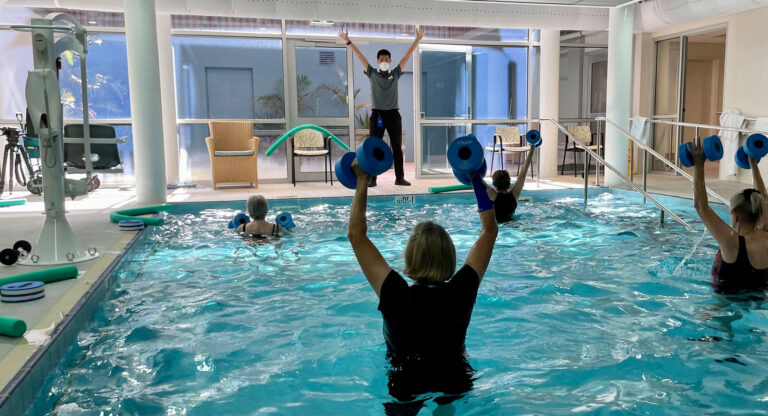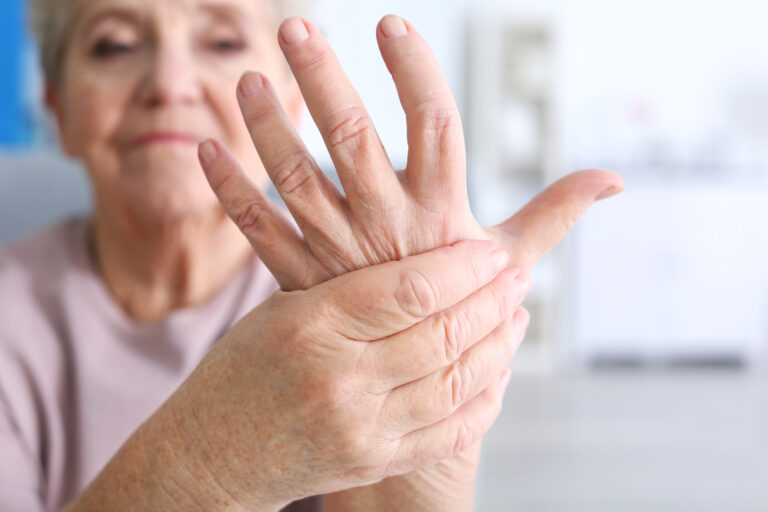While the cooler weather is often a welcome change for all of us after the warmer summer months, the change in climate can present health risks especially for older people.
The following tips prepared by the WA Department of Health offer some great advice for staying healthy during the winter months.
Preventing colds and flu
Colds and flu are particularly common viruses in winter. Antibiotics are not a suitable treatment for colds and flu because antibiotics target bacteria, not viruses. Take the following steps to protect yourself from colds and flu this season:
- Get immunised and protect yourself from flu.
- Cover your nose and mouth with a tissue when you cough or sneeze.
- Throw tissues in the bin after you use them.
- Wash your hands often with soap and water, especially after you cough or sneeze.
- Use alcohol-based hand sanitisers if you are unable to wash your hands after coughing or before eating.
- Avoid touching your eyes, nose or mouth as germs spread this way with your unwashed hands.
- Try to avoid close contact with people who have a flu-like illness.
No treatment will cure your cold or flu, but if you get plenty of rest and stay hydrated you can expect to recover quicker.
Medication
Taking paracetamol will help to relieve your headache, muscle aches and reduce your fever. It’s important to check the active ingredients on your medications and be careful you don’t double dose (many cold and flu medicines have paracetamol as an active ingredient). Discuss medicines with your pharmacist or doctor before using.
The flu vaccination can also help to protect you against getting the flu. If you are over 65 it is also recommended that you be vaccinated against the pneumococcal virus as well, especially if you have a chronic disease as this can assist in protecting you from pneumonia. If you are uncertain if you have been vaccinated with the pneumococcal vaccine please talk to your doctor.
Eat nutritious foods
Eating food high in nutritional value will feed your body the vitamins, rich carbohydrates and fats that give you the nourishment you need to recover more quickly. While it is very important to rest when sick, bed rest can contribute to you losing muscle tone and muscle mass and this can be counteracted by increased protein in your diet.
While, it may be tempting to eat more food in winter, it is better to eat a well-balanced diet throughout the year that is:
- High in antioxidants, protein, fibre and vitamins B, C, D and E.
- Low in sugars and fats.
Drink plenty of water
It’s also important to hydrate yourself by drinking plenty of water throughout the day.
In summer, the hot weather reminds us that we are thirsty but it’s easy to neglect hydration when the weather becomes cooler because we think our body doesn’t need any more water.
Skin problems, like eczema, also become more common in the winter because of the change in temperature, blustery weather and indoor heating can dry out our skin. Keeping your body well hydrated will help to keep your skin healthy, flush out toxins and ward off winter bugs.
Keep active
It’s common to feel less motivated during the winter months and even getting out of bed can sometimes feel like a chore. Try to get into a routine of getting out and doing some exercise every day, as it has numerous benefits for the mind and the body.
Stay warm
Cold weather is especially dangerous for older people and people with pre-existing or chronic health conditions. People with heart conditions or respiratory (breathing) problems may have worse symptoms during a cold spell and for several days after temperatures return to normal. To keep warm and well during periods of cold weather you should:
- Keep curtains drawn and doors closed to block draughts.
- Have regular hot drinks and at least one hot meal a day if possible.
- Eating regularly helps keep energy levels up during winter.
- Wear several light layers of warm clothes (rather than one chunky layer).
- Keep as active as possible.
Source: WA Department of Health ‘Staying Healthy in Winter’, The Australian Immunisation Handbook.




